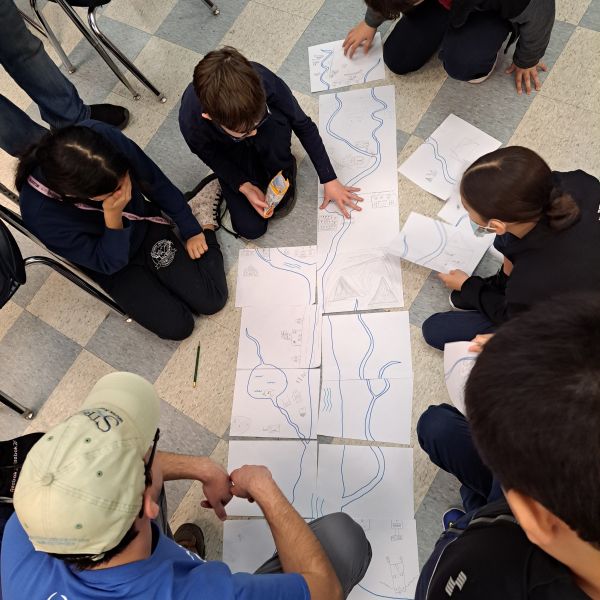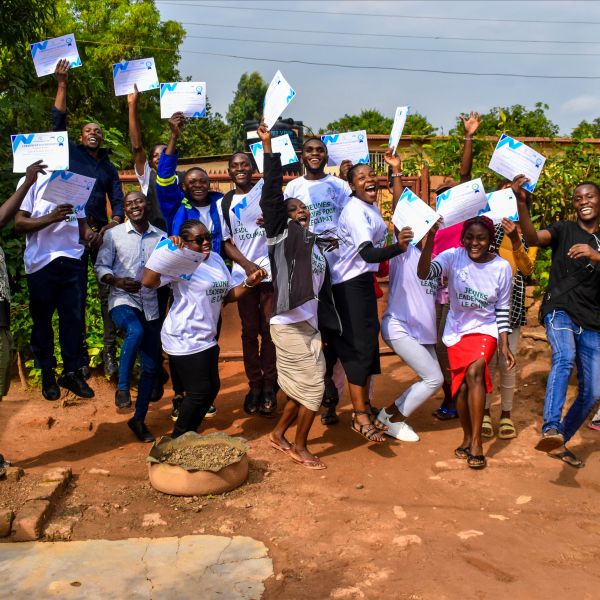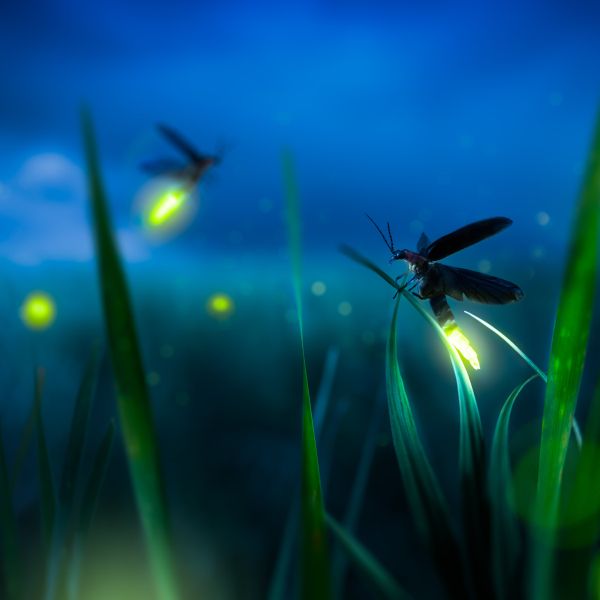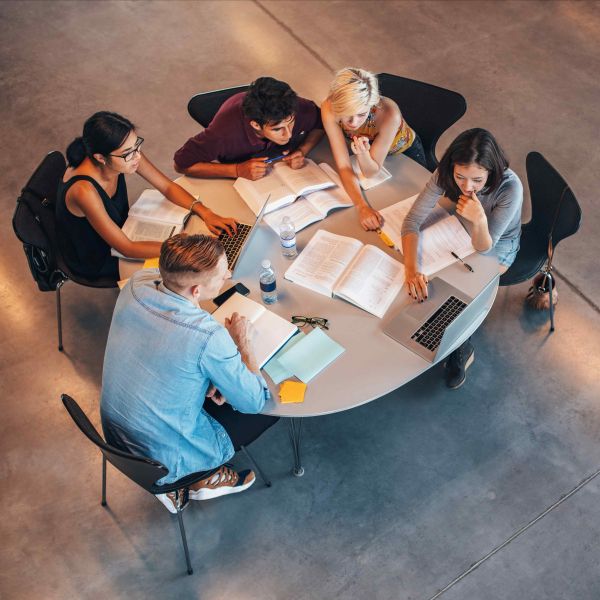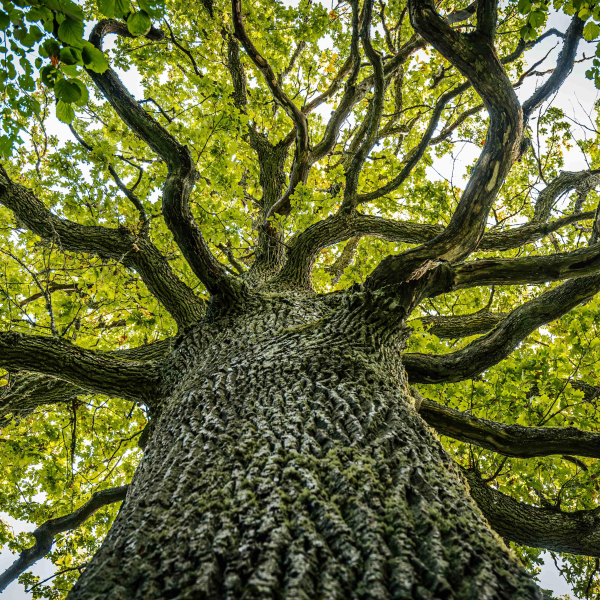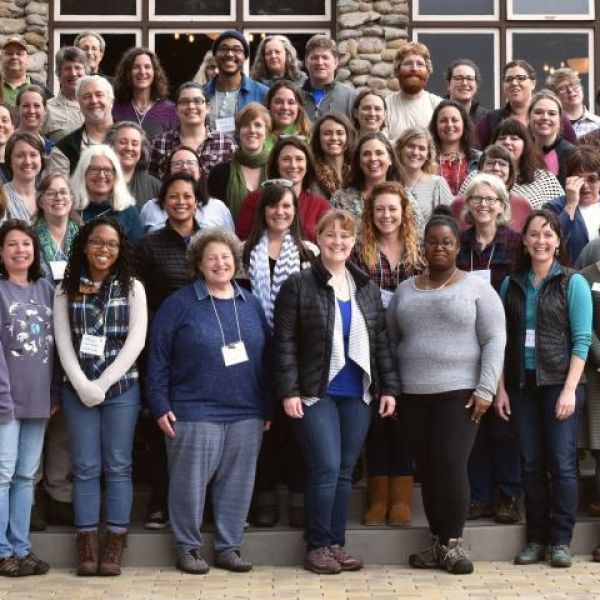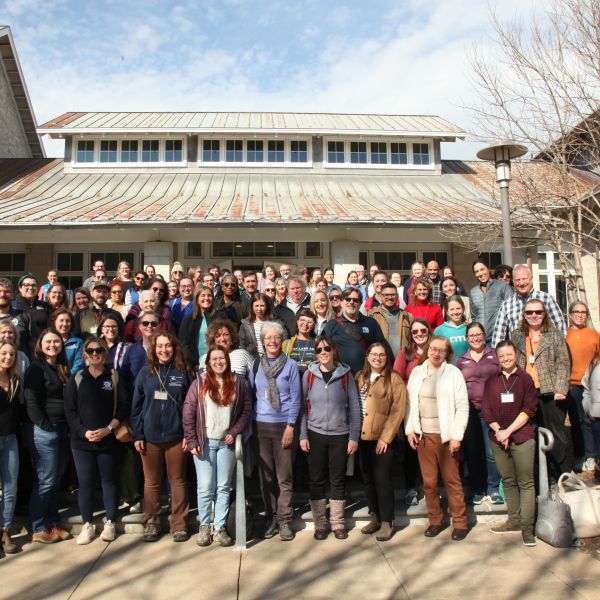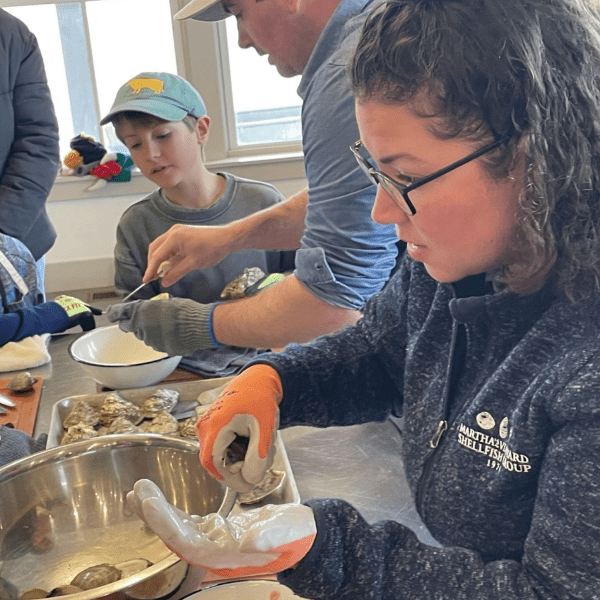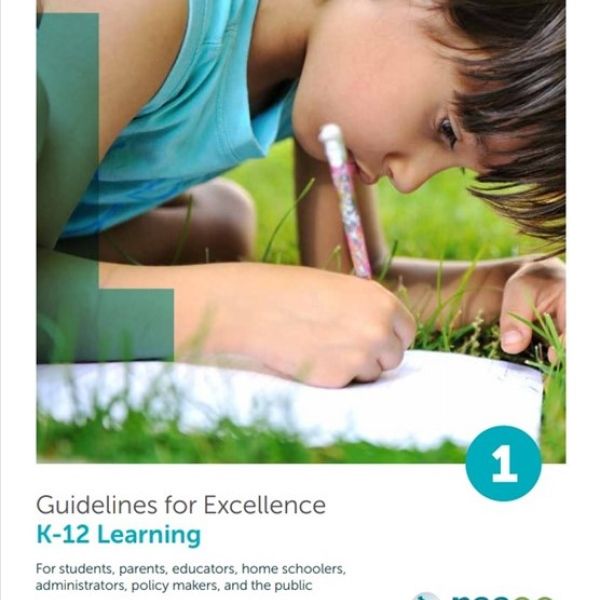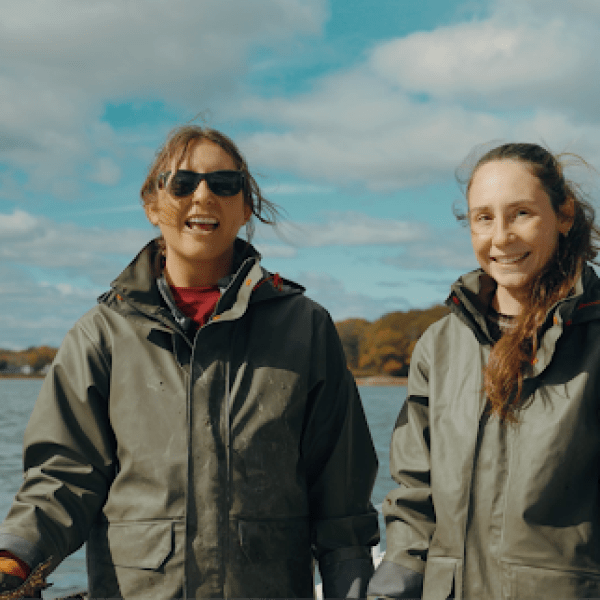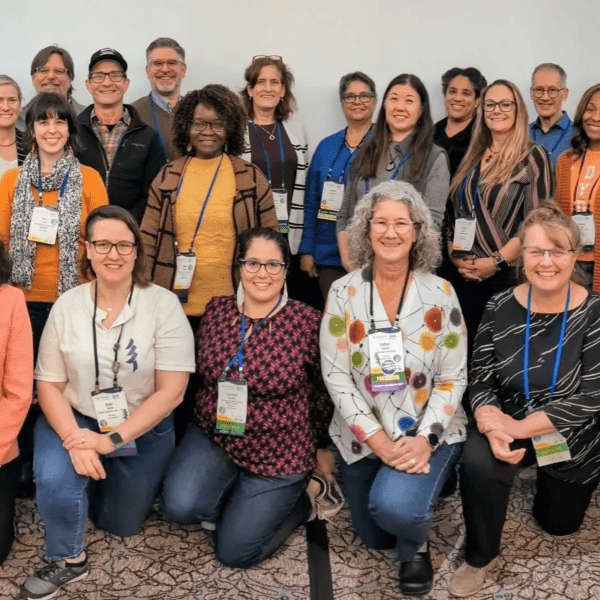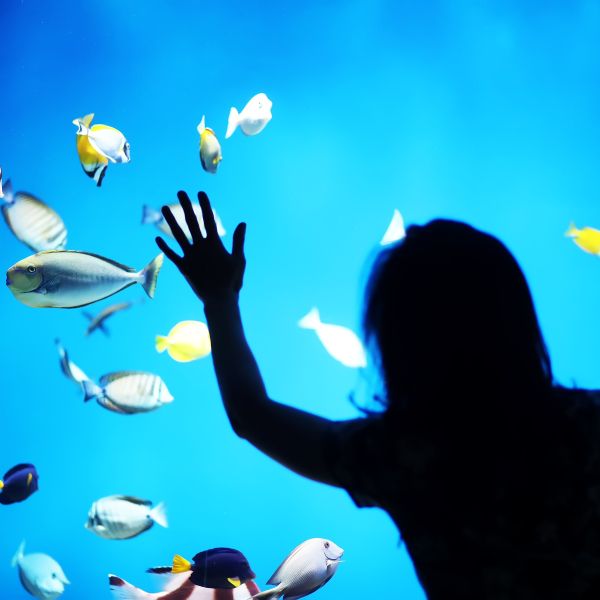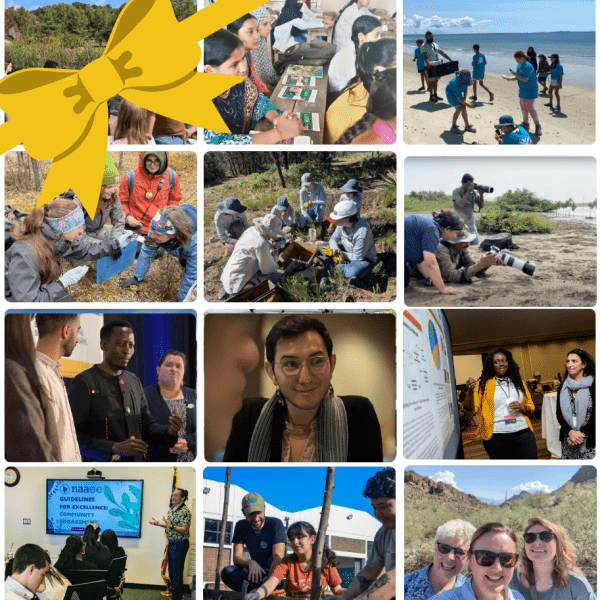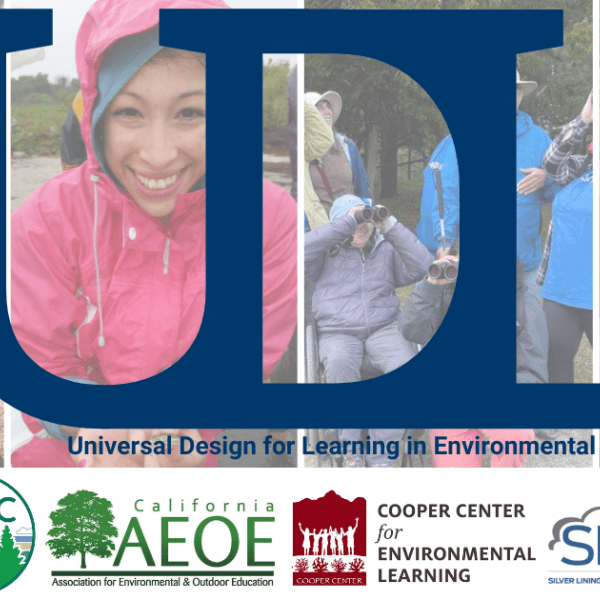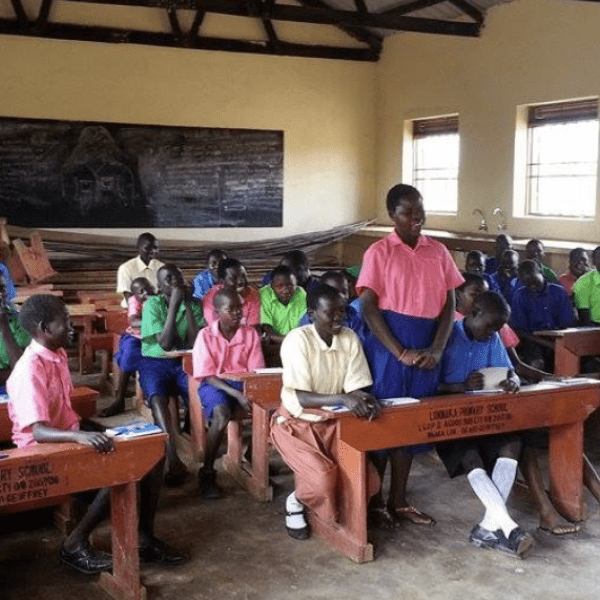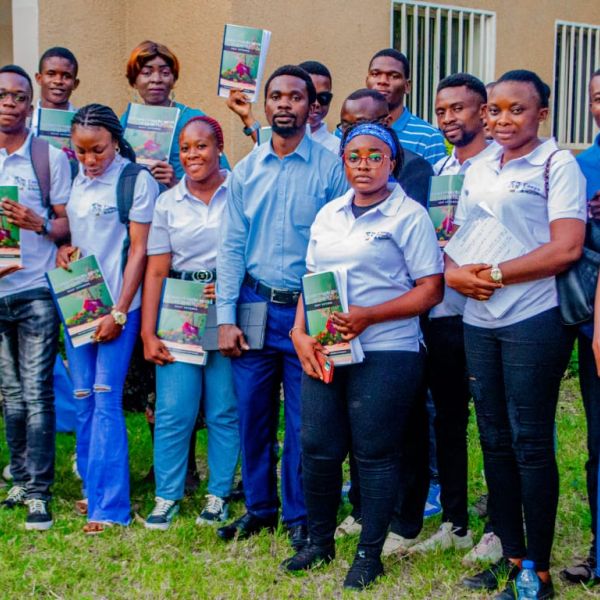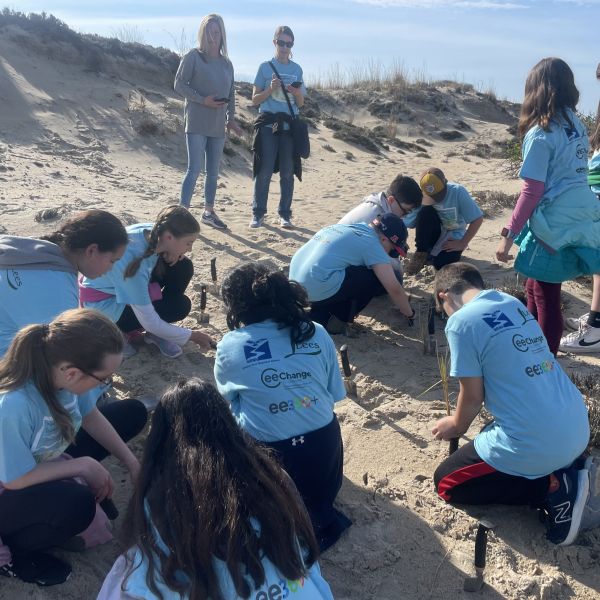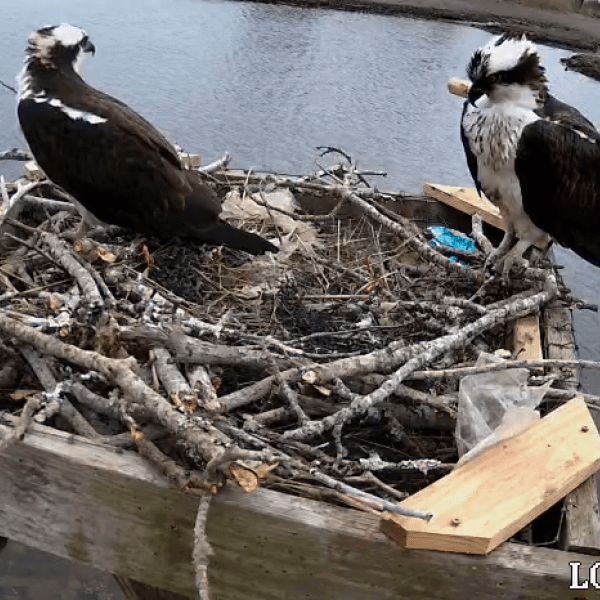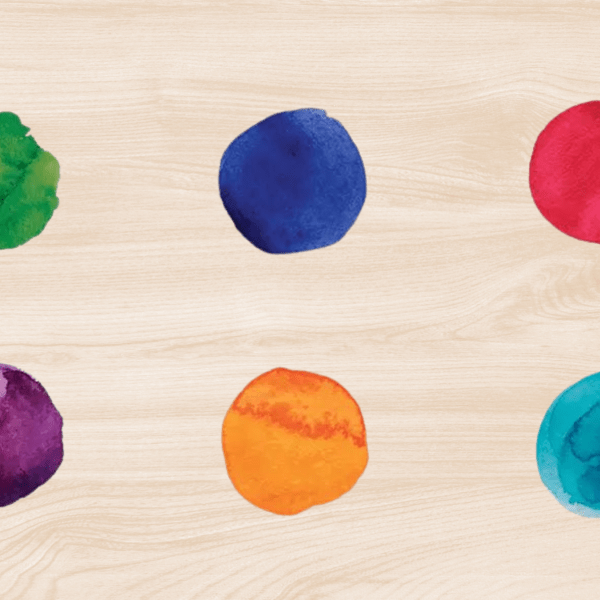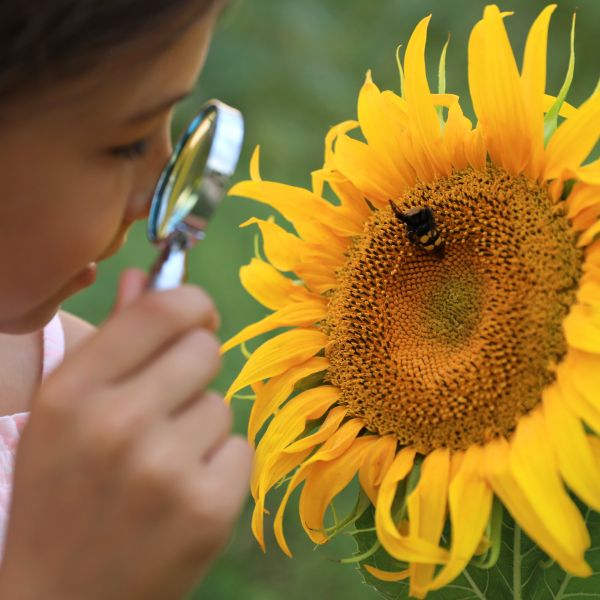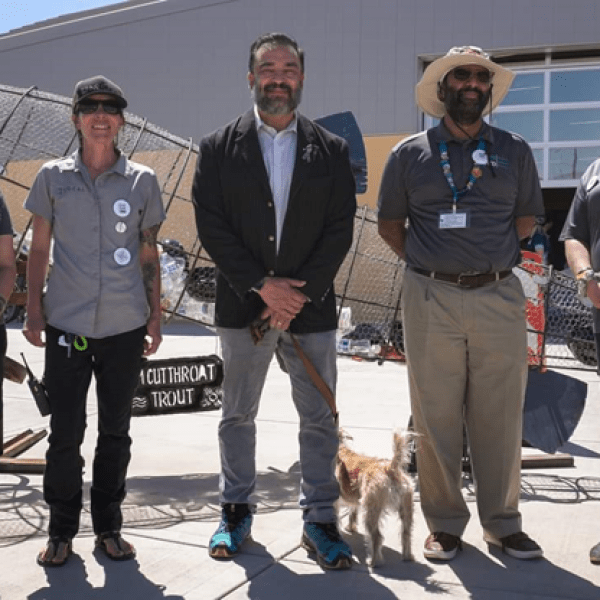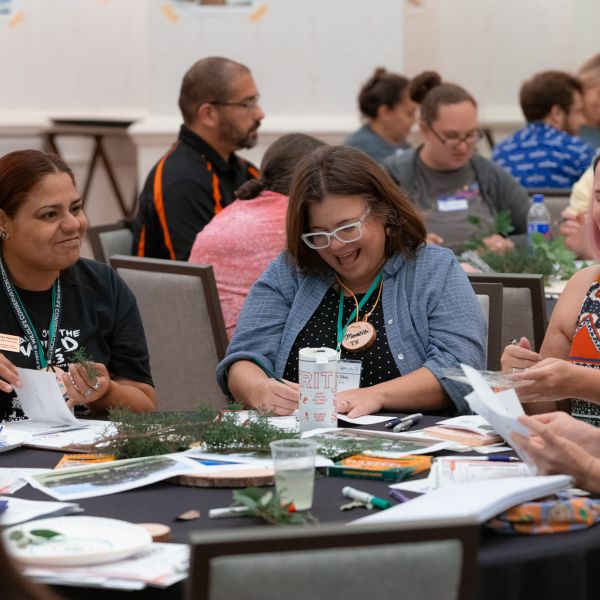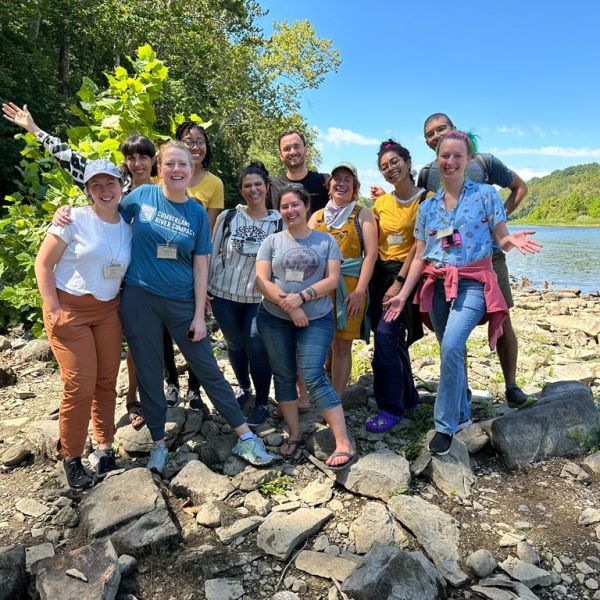
Blog

-
What do a sponge and an ice cube tray have to do with tree science? Students in Stroud Center's after-school programming are making surprising and fun connections within the world of watershed education. Read the full story in the latest Watershed Chronicles, a blog series by, about, and for…
-
Read how young entrepreneurs in Lubumbashi are launching eco-friendly businesses through the Congo Environnement et Nature program, supported by the Ban Ki-moon Foundation. Hear their voices and explore three inspiring projects.
-
What happens when the night isn’t so dark? From fireflies losing their glow to turtles losing their way, this latest post explores these impacts and more, including hands-on activities for educators to help students see how light pollution affects the natural world.
-
As a follow-up to the 2025 EE and Civic Engagement panel discussions hosted by Cornell, Dr. Yun-Wen Chan shares more about place-based deliberation, as a way to encourage learners to consider different stakeholder perspectives while examining environmental issues.
-
Intergenerational learning strengthens EE by preserving valuable knowledge from past generations while embracing new innovations for the future. Whether you are an early-career professional or a seasoned expert, engaging in mentorship relationships enriches both personal and professional growth.
-
Read the latest in Ripple Effect, an ee360+ blog series! Get an inside look at how ee360+ has transformed the Affiliate Network, powering strategic growth, deepening connections with EE communities, and creating exciting new opportunities for learning. This is how we're shaping the future of EE!
-
How can we secure lasting support for environmental literacy? At the 2025 Mid-Atlantic Environmental Literacy Forum, education leaders shared success stories, strategies, and resources to engage local decision-makers on sustainable funding opportunities. Read the blog and register for the virtual…
-
Students at Tree Heroes Club dig into hands-on ecological investigations—measuring trees, studying leaves, and learning about the local watershed. But they're also growing something bigger: community. Read a new Watershed Chronicles blog post from Boxerwood, a grantee of the eeBLUE 21st CCLC…
-
Martha's Vineyard Shellfish Group, Inc. connects youth with marine science through hands-on learning with support from an eeBLUE Aquaculture Literacy Mini-Grant. From shucking oysters to community programs, MVSG is cultivating the next generation of environmental stewards.
-
Are you taking your college coursework and workshops online? The K–12 EE Guidelines: Online Teaching Module provides materials to use in your college course or professional development workshop including a step-by-step introduction to NAAEE's K–12 Environmental Education: Guidelines for Excellence.
-
Step aboard with Saltwater Classroom and the Nauti Sisters as they team up to film a behind-the-scenes look at a Maine oyster farm. These videos will become part of Saltwater Classroom’s Online Ocean Literacy Platform, making aquaculture education more available than ever.
-
Learn about the success of the ee360+ coalition and its Partner Gathering at the NAAEE 2024 Annual Conference, showcasing how collaboration is advancing environmental education and achieving meaningful progress toward complex environmental goals.
-
Zoos and aquariums strive to be welcoming and inclusive spaces for science and environmental learning for people of all ages. As part of this commitment to cater to the needs of diverse audiences, they've been working to improve the experience of visitors, staff, interns, and volunteers with autism.
-
We’re deeply appreciative of your generosity in supporting NAAEE and the field of environmental education. In return, the NAAEE staff would love to give you a gift during the End of Year Giving season.
-
Learn about the Universal Design for Learning in Environmental Education (UDL in EE) course offered by North Carolina Affiliates and how it addresses barriers to help environmental educators build their knowledge and expertise to make EE more accessible and inclusive to all learners.
-
Despite ongoing conflict in Northern Uganda, ERONet empowers women, youth, and people with disabilities through innovative Environmental STEM programs. By addressing unemployment and educational inequality, they equip communities with the skills to tackle local and global environmental challenges.
-
CEE-Change Fellow Mariam Kabamba describes how the Fellowship revived her hope and provided the support she needed to run a youth-focused environmental and climate leadership training in the Haut Katanga province, Democratic Republic of the Congo.
-
CEE-Change Fellow and Director of Education at Westport River Watershed Alliance, Kim Botelho, shares how the Fellowship shaped her career and approach to education. Her project introduced students to climate education, showing them how their actions, big or small, can impact the environment.
-
CEE-Change Fellow Hamza Malik discusses the impact of community partnerships on his Community Action Project to raise awareness of coastal bird habitats at the Lloyd Center for the Environment Estuary.
-
Guest writers Celeste Gasperik, Roxana Aguilar, and Jenna Cobb reflect on how they navigated challenges and built relationships to cultivate an evaluation practice that is culturally relevant and equitable.
-
Guest writer Sarah Schaffner shares how a social media campaign was leveraged to bring awareness and knowledge about animals that are not always a fan favorite.
-
CEE-Change Fellow Vanessa Barela knows the value of outdoor education. Join Vanessa on a journey of self-discovery. She discusses how she broke barriers to promote outdoor learning within the New Mexico Public Education Department (NMPED) and what she learned about herself throughout the process.
-
As a longtime training partner on the ee360+ initiative, Project Learning Tree (PLT) is a community of people passionate about educating the next generation about environmental issues. Learn how two PLT Coordinators are bringing nature-based learning to more students in their communities.
-
CEE-Change Fellow Jeff Geist discusses how the Fellowship was a transformative experience and how he implemented what he learned into his Community Action Project by working with adults and children to build climate resilience in his community.
